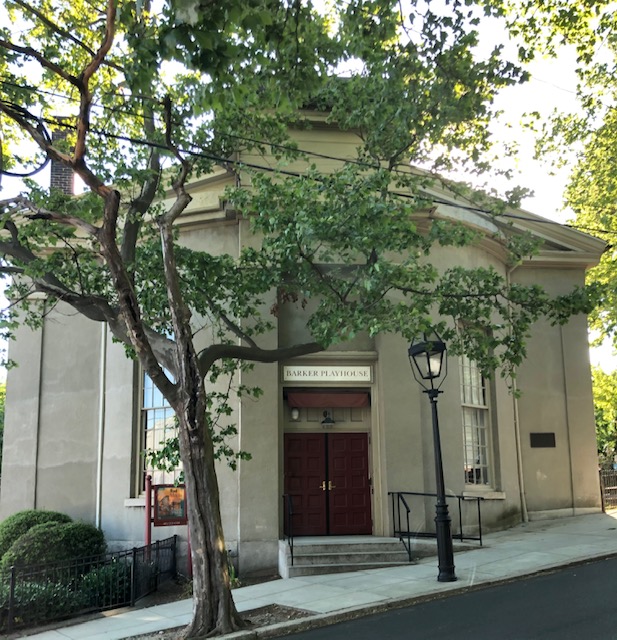In an attempt to cast a wider net in auditions and produce more diverse plays, The Players at Barker Playhouse in Providence this year changed their long-standing policy restricting actors in their shows to paying members.
The Players require anyone cast in a show to become a member, although anyone can audition. In the past, membership cost $85 a year, or $40 for student memberships. In addition to free tickets for each production, membership includes access to three parties a year and Green Room events at the Benefit Street location.

“(Members can also) take part in acting, tech, directing, producing, costumes, set design or whatever suits your fancy,” according to the group’s website.
The paid membership requirement, however, narrowed the field of available actors, especially diverse actors needed to authentically portray certain characters, according to Carole Collins, president of The Players board of directors.
Recently, she said the company scuttled plans to stage “Native Gardens” because they could not find enough Hispanic actors for two leading roles.
“We are making a concerted effort to attract new members, including younger members and BIPOC members. We want to be open to what the community has to offer,” Collins noted.
To do that, the board voted to create a new free “artist membership” for actors who successfully audition for a Players show, but might not be able to afford or want to pay the membership fees..
“We want to appeal to a broader population, and create theatre that is more reflective of the diversity in the community and reflective of the kind of work we can do,” Collins said. “Several of our members talked to actors last year and were told it was an impediment to have to pay to join when they can act somewhere else for free.”
The artist membership is a three-year pilot policy the board will reevaluate in the future.
“Before, our shows did not reflect the diversity of the community. It would have been unusual to see a BIPOC member on stage, even if the show called for it,” Collins said, noting that “the vast majority of our membership is Caucasian.”
The company hopes the new membership offer will attract diverse actors.
“If they’re willing to give us a try, they’ll enjoy it!” Collins said. “We have a lot to offer people. This allows us to remain a membership organization but people will have a way in.”

